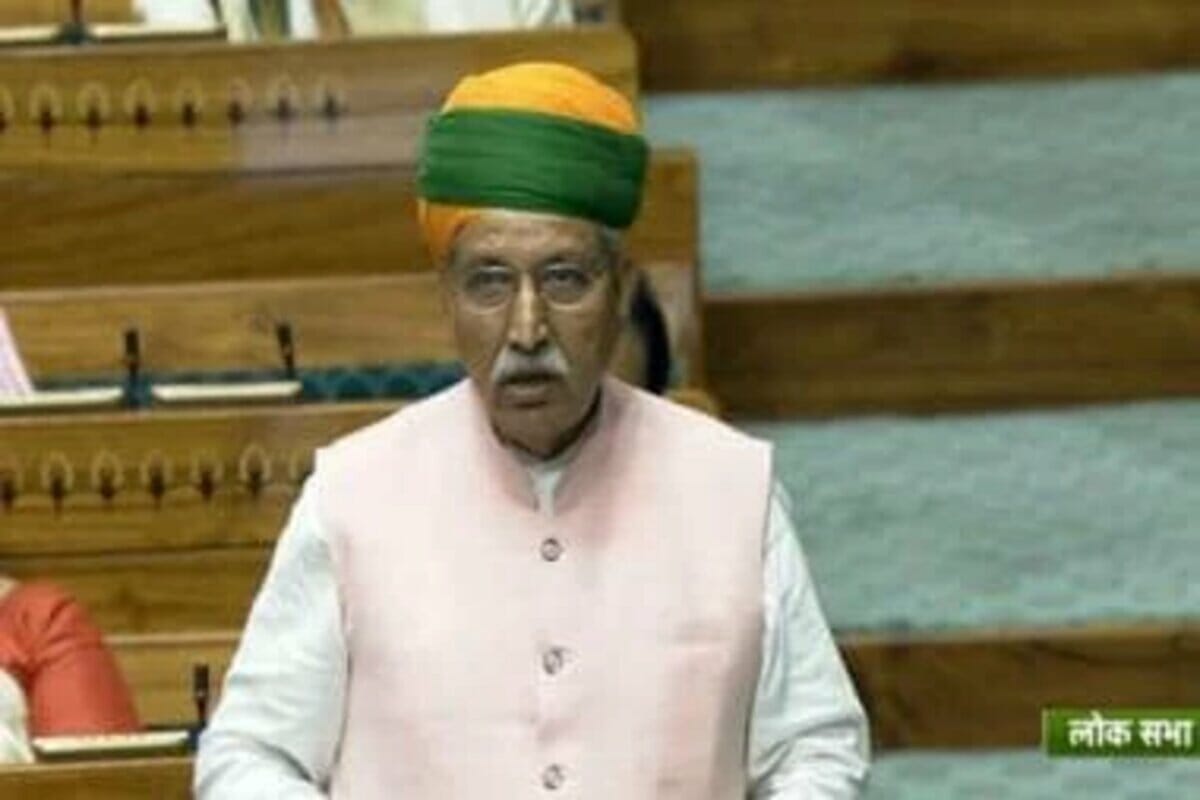Women’s Reservation Bill: The Lower House of Parliament approved a bill on Wednesday that will grant women 33% of the seats in the Lok Sabha and state legislatures. The Rajya Sabha will take up the bill, Nari Shakti Vandan Adhiniyam, for consideration today. After a passionate eight-hour debate in which 60 members took part, the Lok Sabha passed the Constitution (128th Amendment) Bill with 454 votes in support and only two against it. The measure was passed in the new Parliament building, and Prime Minister Narendra Modi was there when it was voted on.
One-Third Reservation for Women
The government revived a bill that had been stalled for 27 years due to a lack of agreement among parties by introducing it in the Lok Sabha on Tuesday. The constitutional amendment bill would reserve one-third of seats in the Lower House and state assemblies for women. The opposition’s demands for the bill’s quick adoption before to the general election in 2024 and the extension of the same advantages to women from Other Backward Classes (OBCs) contributed to its easy passing in the Lower House. However, the administration announced that the quota would likely be put into place by 2029, once the census and delineation process is concluded.
Here is a brief summary of what happened during the Lok Sabha’s discussion of the women’s reservation bill:
- Setting the tone for the discussion, Sonia Gandhi, a past president of the Congress, argued forcefully for including OBC women in the scope of the proposed rule, claiming that any delay in implementing the reservation would be a “gross injustice” to women.
- Following the creation of the opposition group INDIA, a number of opposition politicians said that the government’s hasty decision to pass the women’s reservation bill was a “jumla” (gimmick). Speaking on the bill, Trinamool Congress (TMC) MP Mahua Moitra said, “Women’s reservation is dependent on two totally indeterminate dates, can there be a greater jumla? Forget 2024, this may not be possible in 2029.”
- Supriya Sule, a member of the Nationalist Congress Party (NCP), called the legislation a “post-dated cheque” and requested that the government specify the day and timeframe for its execution.
- Home Minister Amit Shah weighed in on the discussion and dismissed concerns that the proposed law would not be implemented right away, saying that the next administration would carry out a census and delimitation exercise soon after the elections to start the process of implementing women’s reservations. According to Shah, women’s reservations will actually be implemented after 2029.
- Asaduddin Owaisi, the head of AIMIM, was the only person to oppose the bill, claiming that it would only give reservations to “savarna women” and exclude OBC and Muslim women, who are underrepresented in Parliament. He and Imtiaz Jaleel abstained on the measure. Two Lok Sabha members belong to the AIMIM.
- PM Modi expressed his joy at the bill’s passage in the Lok Sabha after it received such extraordinary support. “I thank MPs across Party lines who voted in support of this Bill. The Nari Shakti Vandan Adhiniyam is a historic legislation which will further boost women empowerment and will enable even greater participation of women in our political process,” he wrote on X.
- According to Article 368 (2) of the Constitution, which governs the passage of legislation proposing constitutional amendments, the bill was approved with the support of the majority of the House’s entire membership and a majority of not less than two-thirds of the members present and voting.
- The House also approved a few government-moved modifications pertaining to the numbering of the Constitution amendment measure. The proposed law would be known as the Constitution (106th Amendment) Bill when it is submitted to the Rajya Sabha for consideration, according to authorities. 14 female BJP MPs and ministers will speak when the measure is discussed in the Rajya Sabha. JP Nadda, the president of the BJP, will speak first. One of the senior female MPs from the BJP who will participate in the bill’s debate is Finance Minister Nirmala Sitharaman.
- The law was discussed by 27 women members who crossed party lines, with BJP legislators speaking out in favour of it and opposition members calling for its swift implementation. Out of the 543 members of the Lok Sabha, 82 are women at the moment.
- 27 female lawmakers from different parties debated the measure, with BJP parliamentarians supporting it and opposition lawmakers urging for its quick adoption. 82 women currently make up the Lok Sabha’s 543 members.
Keep watching our YouTube Channel ‘DNP INDIA’. Also, please subscribe and follow us on FACEBOOK, INSTAGRAM, and TWITTER











